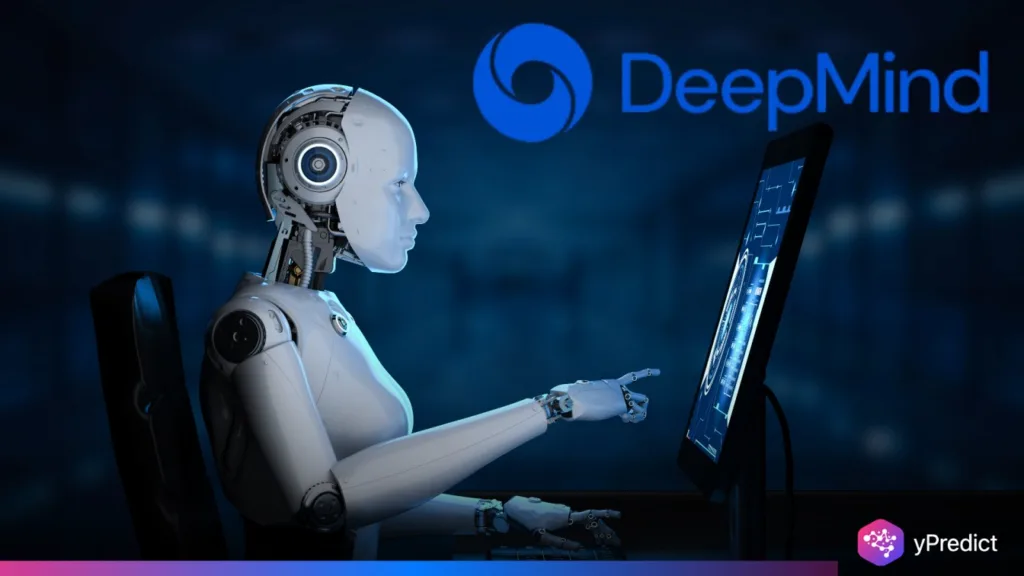
Google recently purge several of older Gemini 1.5 models from its Model Finder app. Screenshots posted online showed entries like ‘gemini-1.5-pro-latest’, ‘gemini-1.5-flash-8b-001’ as deleted. The update went live a couple of hours ago, generating instant excitement among the AI community. A great many asked why the takedown was so quick. Others guessed that the transition means newer, better models are coming. Whatever the motive, one thing’s clear: this move highlights just how transitory even popular AI models can be in a fast-paced environment. DeepMind seems intent on steering users toward its strongest tools.
The Shift Away From Gemini 1.5
This isn’t DeepMind’s first time retiring old systems. Corporations generally pull support for ancient tools behind a pay wall once new ones emerge. It lowers maintenance overhead and makes sure spaces such as Vertex AI stay current with stable releases. Out of the blue, the already-touted-the-future-would-be-versatile Gemini 1.5 family is soon to become yesterday’s news. And with Gemini 2.5 Pro and Flash up front, the power differential is obvious. Take Gemini 2.5 Pro, for instance. It handles million-token contexts. So it’s able to chunk book-length text all at once. Developers can run advanced code or analysis tasks without text chunking. Contrast that to Gemini 1.5 with its smaller context limits. It doesn’t stack up.
Then try Gemini 2.5 Flash Image. It only launched last month but had already gotten at some old beefs. Better image quality. More creative control. Faster outputs. And with Gemini API and Google AI Studio. That’s the version DeepMind desires users to experience. In comparison, Gemini 1.5 Flash now feels clunky. Another sign is Gemini Robotics 1.5. We fine-tuned this model for direct deployment to robots. from arms to drones to wheeled devices. But even here, newer trumps. The shift signals that DeepMind no longer thinks there’s value in the legacy tools remaining in play. Instead, they want everyone using models with modern safety filters and better reasoning power.
Why Now and What’s Next
Timing matters. The removal came hours ago. Comments underneath the public screenshot ooze excitement, not frustration. Others said the old ones were ‘really old!’ Others joked that ‘undercutting and enhanced’ models exist anyhow. Even Ashutosh, who posted the screenshot, readily concurred. That tone says a lot — people already accept model churn as AI life. So why this exact moment? One reason could be safety. DeepMind studied ‘unlearning,’ or removing specific information from models. It’s an important process for debiasing. Newer models probably ship with these features out of the box. But trying to patch them into older systems could be messy. In which case, it’s cleaner to mothball 1.5 than it is to reengineer it. Think of it like choosing to replace an old car instead of fitting it with modern brakes.
Another reason is pace. DeepMind’s been on a roll. Gemini 2.5 got swept in tide’s: first Pro, then Flash and then image versions. Each release added something. Each leap came within weeks. So naturally, getting rid of 1.5 might also mean that Gemini 3.0 or another new model isn’t far behind. The AI ecosystem is a relay race — pass the baton fast, no lollygagging. In fact, a handful of replies hinted that ‘new drops are coming soon.’ Prior launch cycles support that concern. And there’s the business side. Vertex AI pricing recently with new tiers and models like Gemma 3n. By pruning older posts, DeepMind makes things easy on its wallet. Developers don’t need to agonize over which model to choose. That streamlining supports faster adoption of the latest tech.
Conclusion
DeepMind’s kills to Gemini 1.5 models is another step in the transition. Old systems go out, new ones come in. And this is happening at an increasing rate. Today’s ‘surprise’ drop is tomorrow’s commonplace occurrence. As for developers the message is obvious: expect fast update, and build with the newest builds. For users it signifies smarter, safer and cheaper application access. The timing suggests more announcements could be on the way. If DeepMind’s recent pace is any indication, we won’t have to wait long for the next update.






